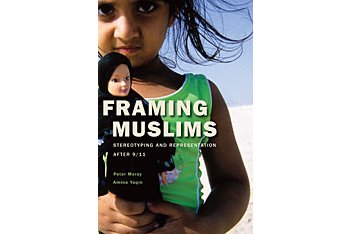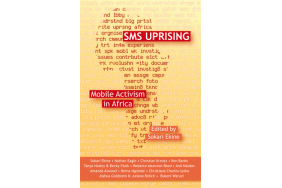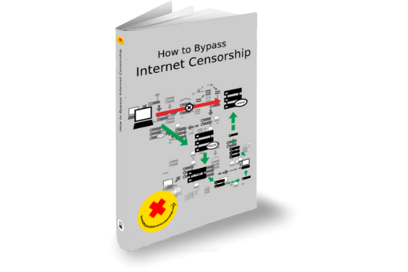The Open Society Media Program has commissioned background papers on a range of topics that are important for understanding the effects of new technology on media and journalism. The papers accompany a series of reports, "Mapping Digital Media," on the impact of digitization on democracy in 60 (…)
Mapping Digital Media: Citizen Journalism and the Internet
By Nadine Jurrat



